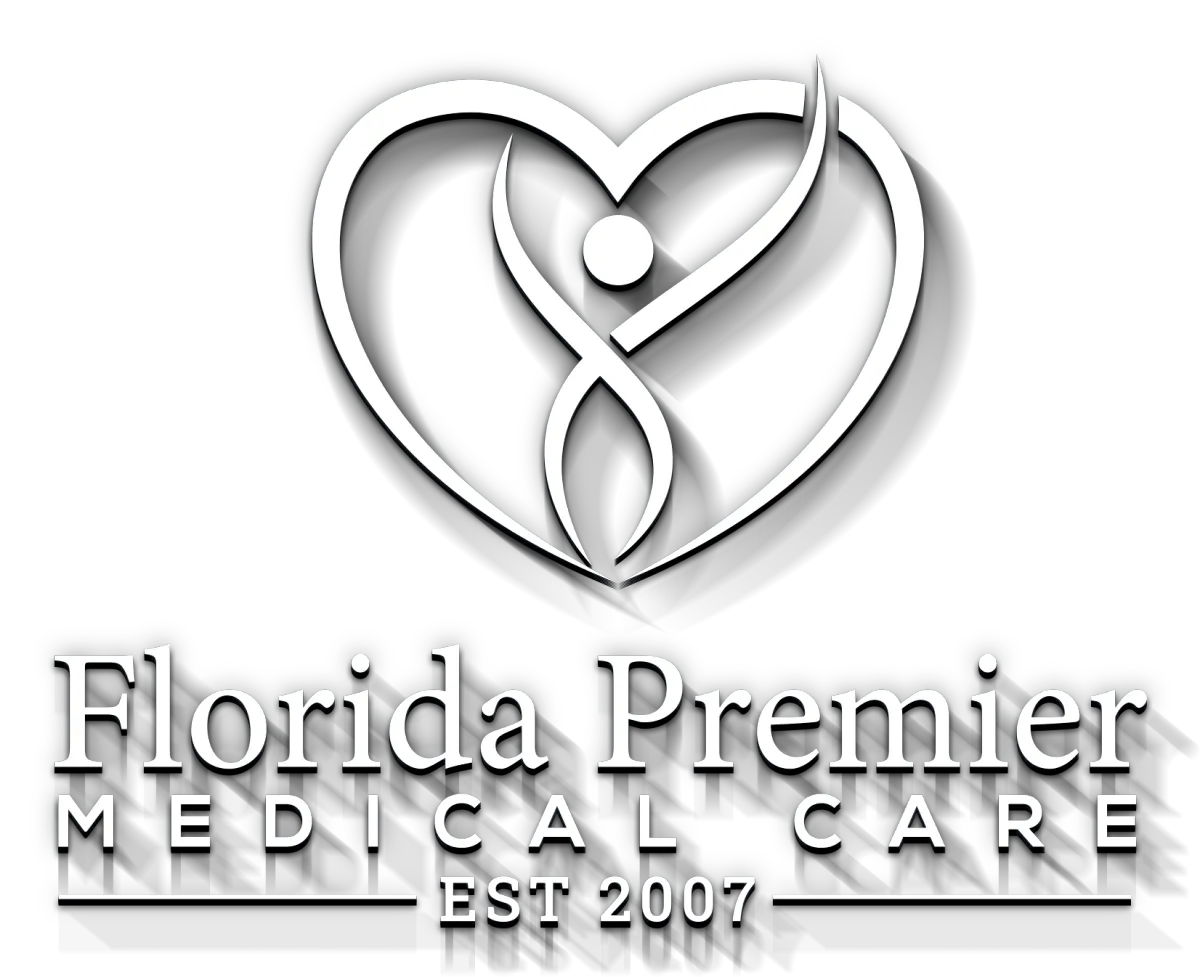Atrial Fibrillation (AFib)
Atrial fibrillation is an irregular and often rapid heart rhythm that can lead to blood clots, stroke, and heart failure. It occurs when the upper chambers of the heart (atria) beat chaotically and out of sync with the lower chambers (ventricles).
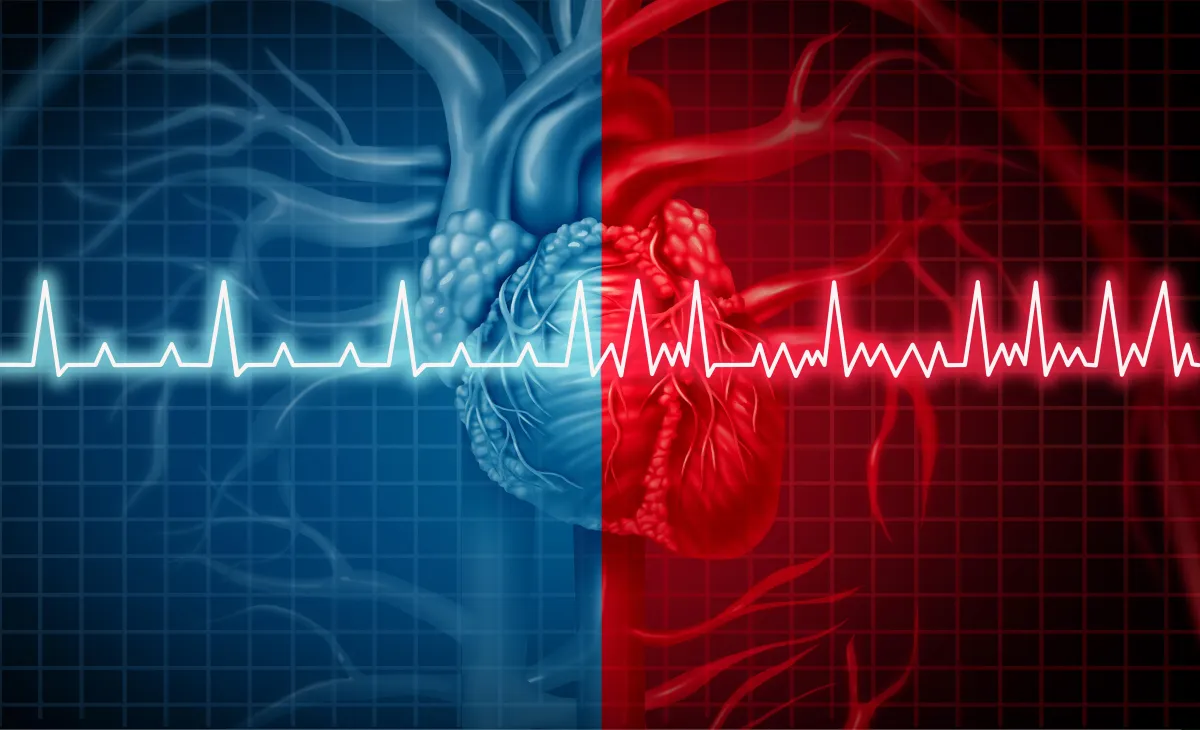
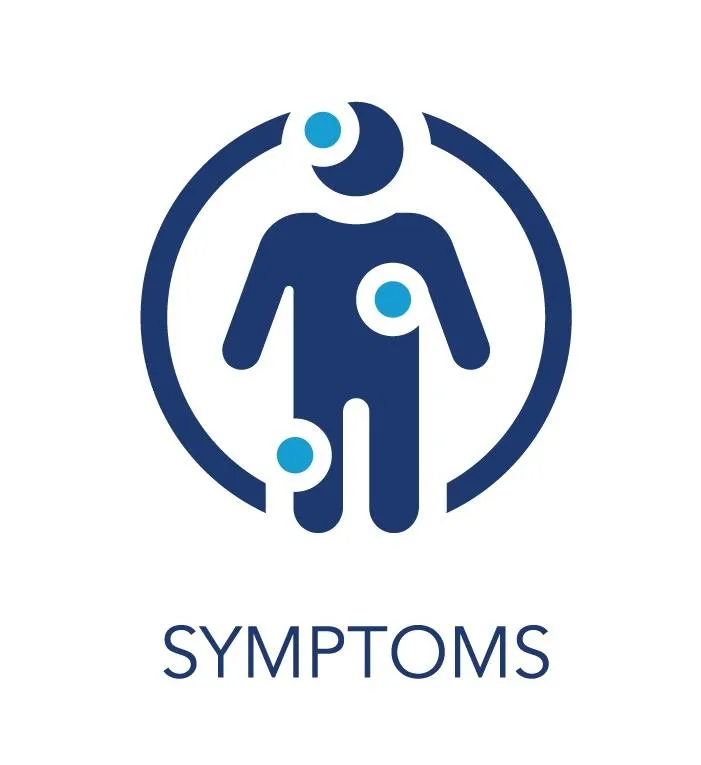
Symptoms & Risks:
Palpitations or “fluttering” heartbeat
Fatigue or weakness
Dizziness or fainting
Shortness of breath
Significantly increased risk of stroke
Diagnosis & Monitoring:
Electrocardiogram (ECG)
Holter monitor or event recorder
Echocardiogram
Blood tests and sleep studies (to rule out contributing factors)
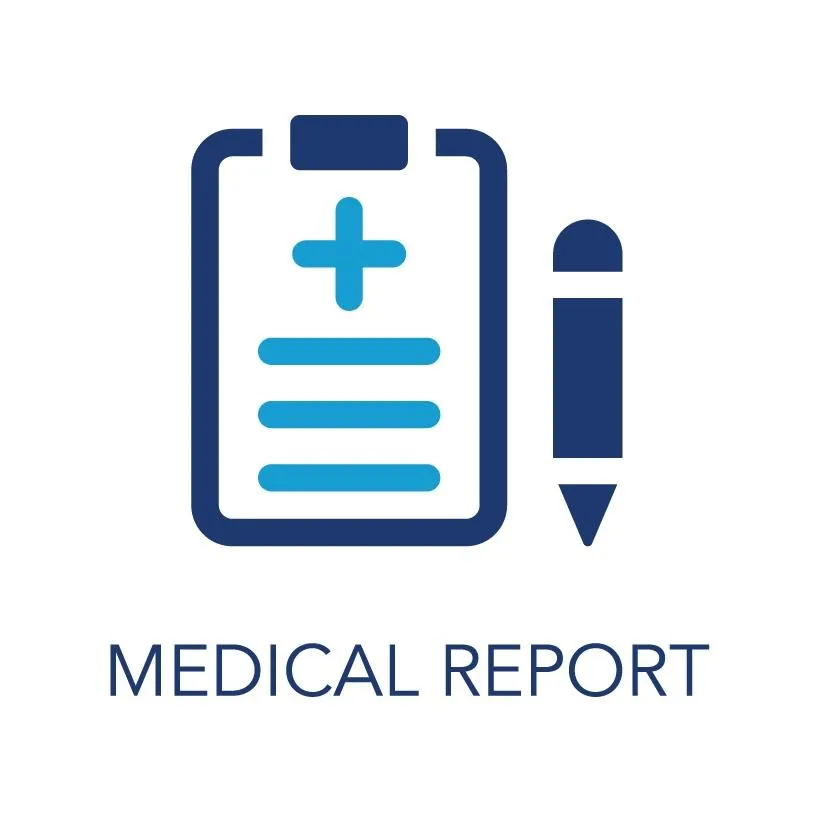
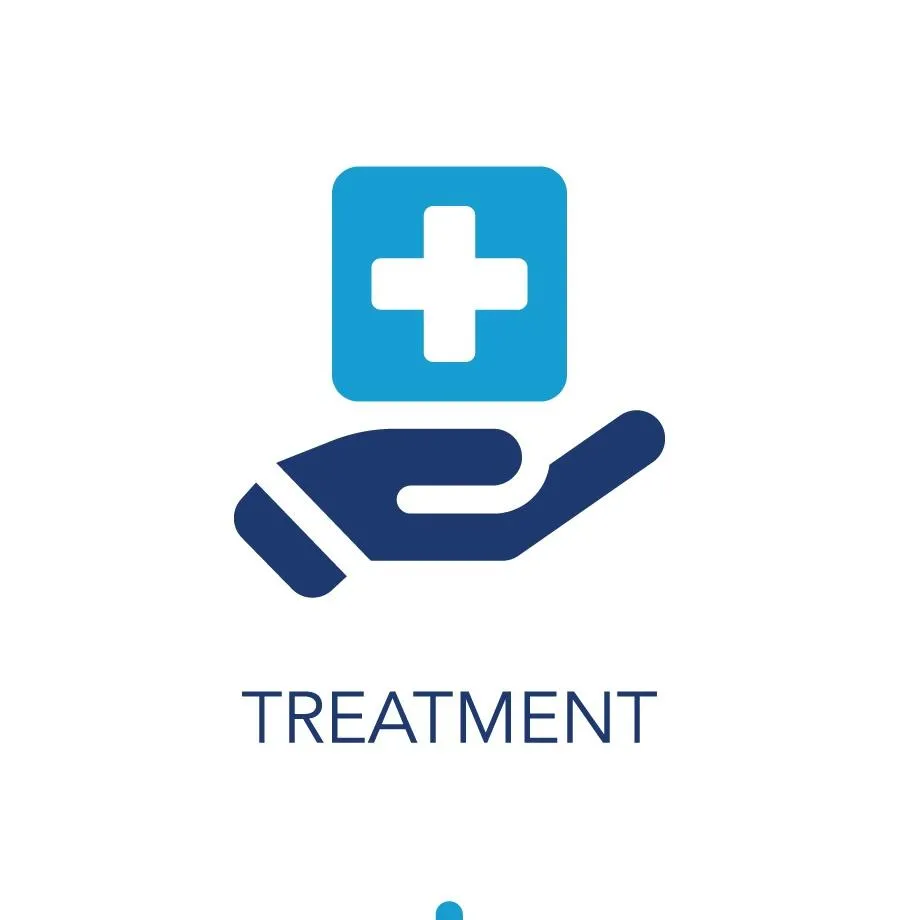
Treatment Options:
Blood thinners to reduce stroke risk
Rate control medications (beta-blockers, calcium channel blockers)
Rhythm control (antiarrhythmic medications or cardioversion)
Ablation procedures for long-term rhythm correction
Why Ongoing Care Matters:
Consistent monitoring helps prevent serious complications and tailors treatment for rhythm stability and stroke prevention.
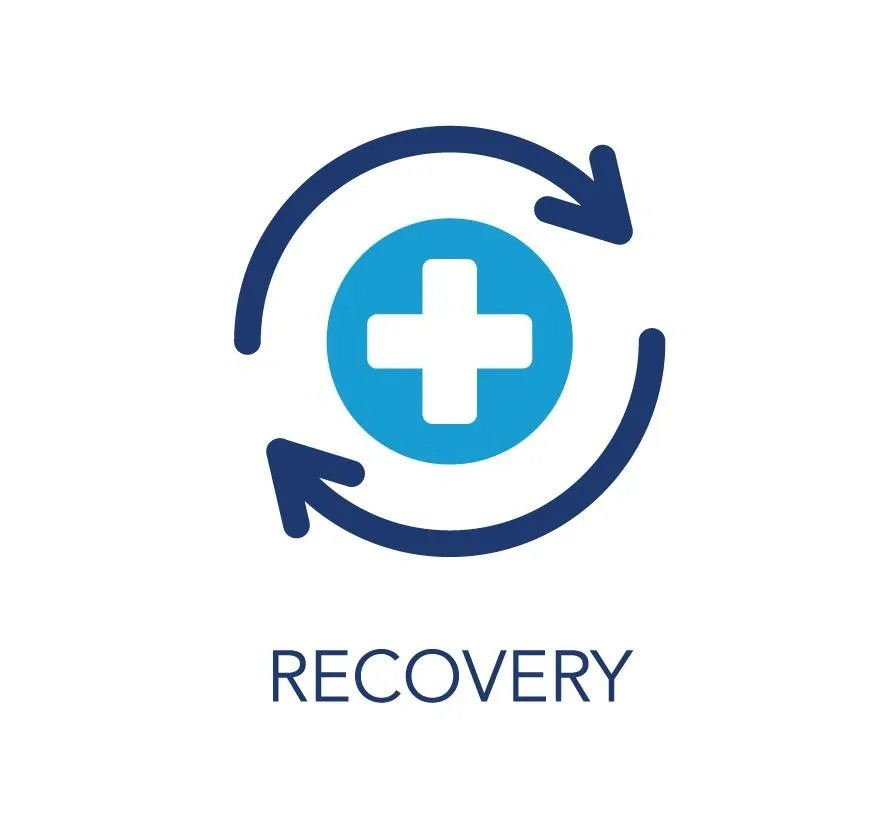
If you’ve been diagnosed with atrial fibrillation or are experiencing symptoms such as a racing heartbeat, fatigue, or dizziness, Florida Premier Medical Care is here to help.
Our experienced providers offer comprehensive, individualized treatment plans to manage AFib, reduce stroke risk, and improve your quality of life.
With advanced diagnostics, medication management, and close follow-up care, we work with you every step of the way to restore rhythm and peace of mind.
📞 Schedule your appointment today at (352) 544-0610.
Take control of your heart health with a team that truly cares.
